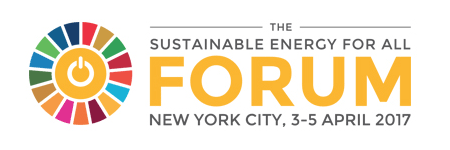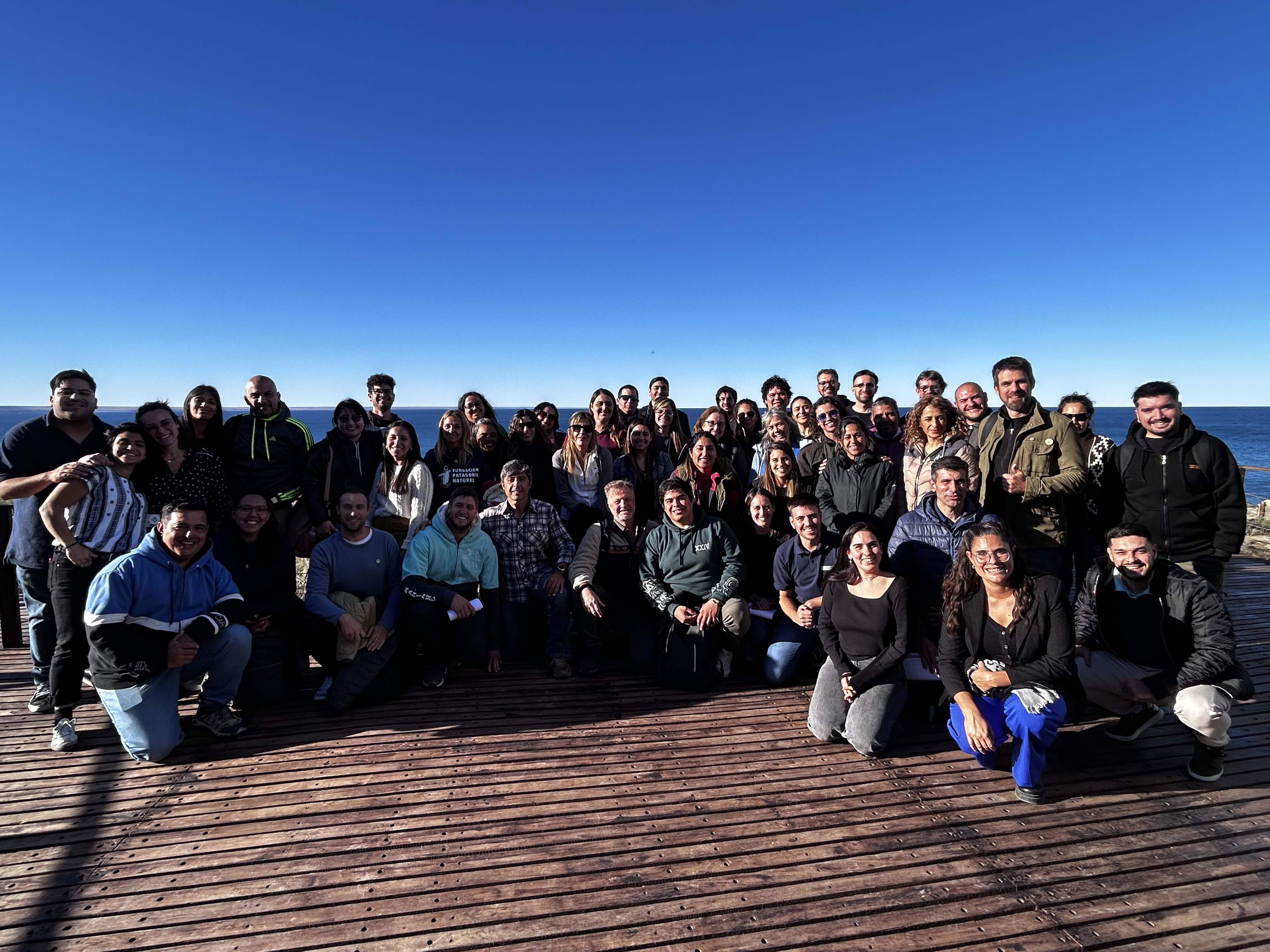More than 45 teachers from 15 schools in Chubut Province, Argentina, participated in the first training to launch our newest capacity building partnership: the YouthEnergy project.
Summary Of The Fourth Sustainable Energy For All Forum
The Forum was organized around opening plenaries each morning, featuring a scene-setting keynote address and “Wake-Up Call”, followed by high-level dialogues focusing on “Knowledge into Action” and “Disruptive Voices”.Parallel “Deep Dive” discussions focused on critical energy sectors and emerging themes, such as energy in humanitarian settings, access to cooling, and interlinkages between energy and health.
Participants also met in 18 Partner Working Sessions, designed and organized by SEforALL partners, to catalyze action on specific issues that will enable progress on SDG7. A range of stakeholders addressed specific energy access issues and scalable innovations needed to achieve the three SEforALL objectives: ensuring universal access to modern energy services; doubling the share of renewable energy in the global energy mix; and doubling the global rate of improvement in energy efficiency.
The first day focused on overcoming challenges. A highlight of the opening day was the presentation of the publication “Tracking SDG7: The Energy Progress Report”, which benchmarks annual progress toward achieving the SDG 7 targets that directly relate to the SEforALL objectives. Despite encouraging progress in some countries and energy sectors, the 2018 report finds that overall progress toward the SDG 7 targets remains off track. In particular, the study reveals that one billion people – or 13% of the world’s population – still live without electricity, and an estimated 674 million people, mostly living in sub-Saharan Africa, will likely not have access to electricity by 2030. The slow uptake of clean cooking technologies is also highlighted, as is the less-than-hoped for increase in energy efficiency and renewables. Discussions throughout the day focused on the implications of these data on the ground and addressed remaining challenges and unmet needs.
The second day of the Forum focused on innovative solutions that can help deliver change at the speed and scale required to achieve SDG 7. Various commitments and new partnerships were announced under the campaign, “Shine: Investing in Energy Access for All”, in which 35 philanthropists, faith leaders and private capital organizations have committed to advancing clean energy access.
Carmen Dienst from the WISIONS team participated in a panel discussion entitled Last Mile First: Maximizing the Impacts of Energy Access on the SDGs
The complete event summary is available in the SEforAll Bulletin.


